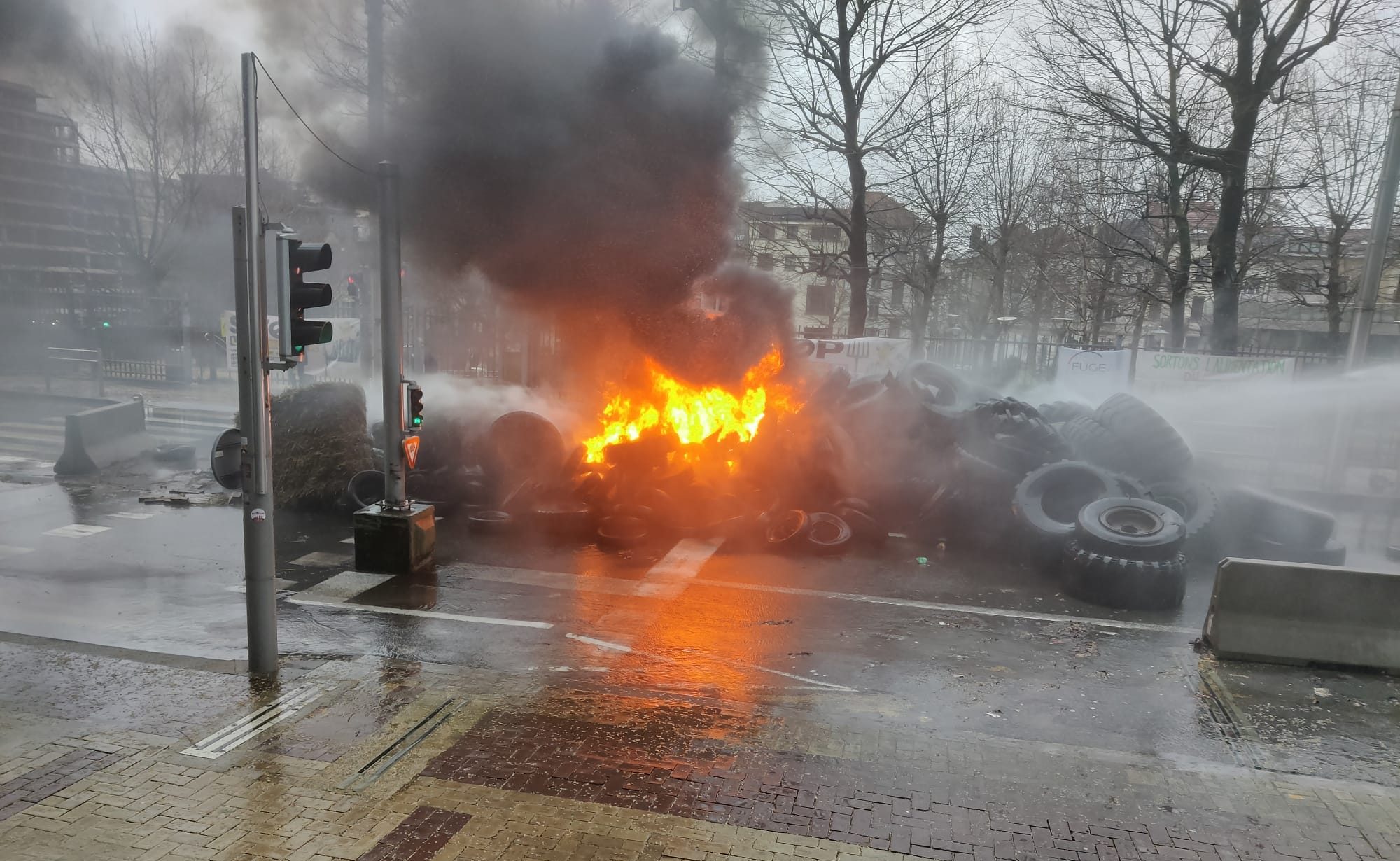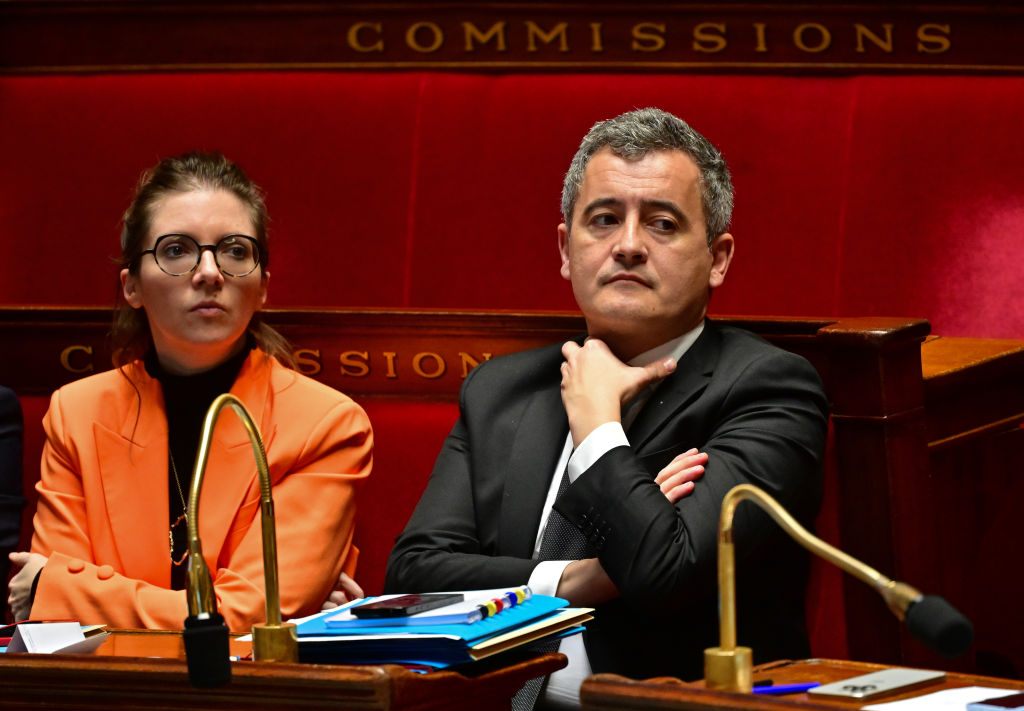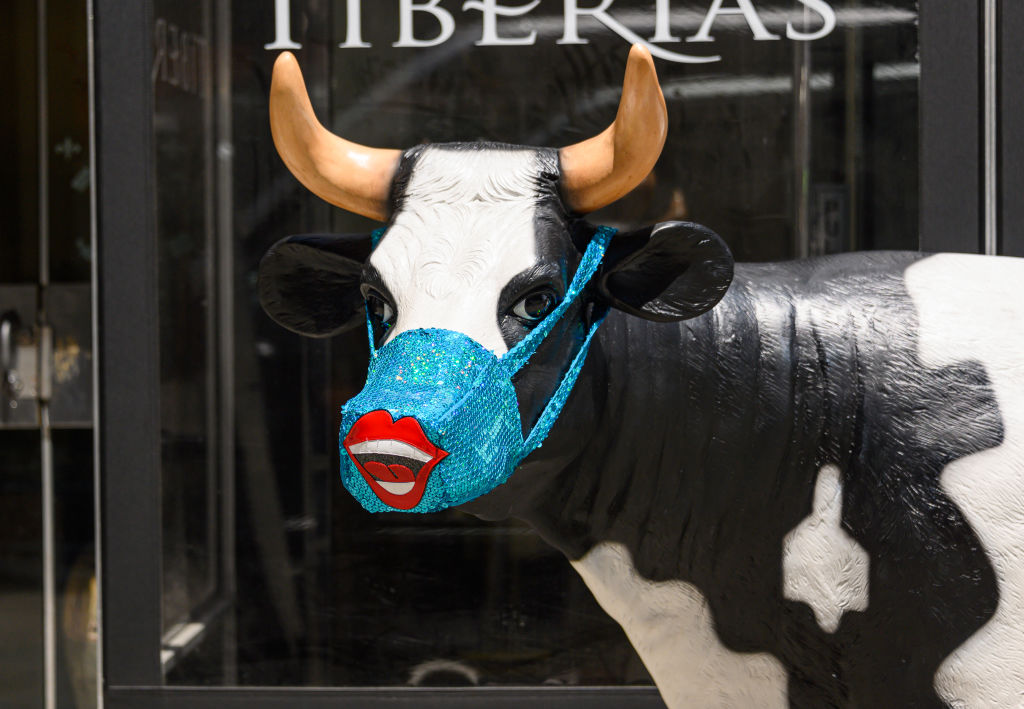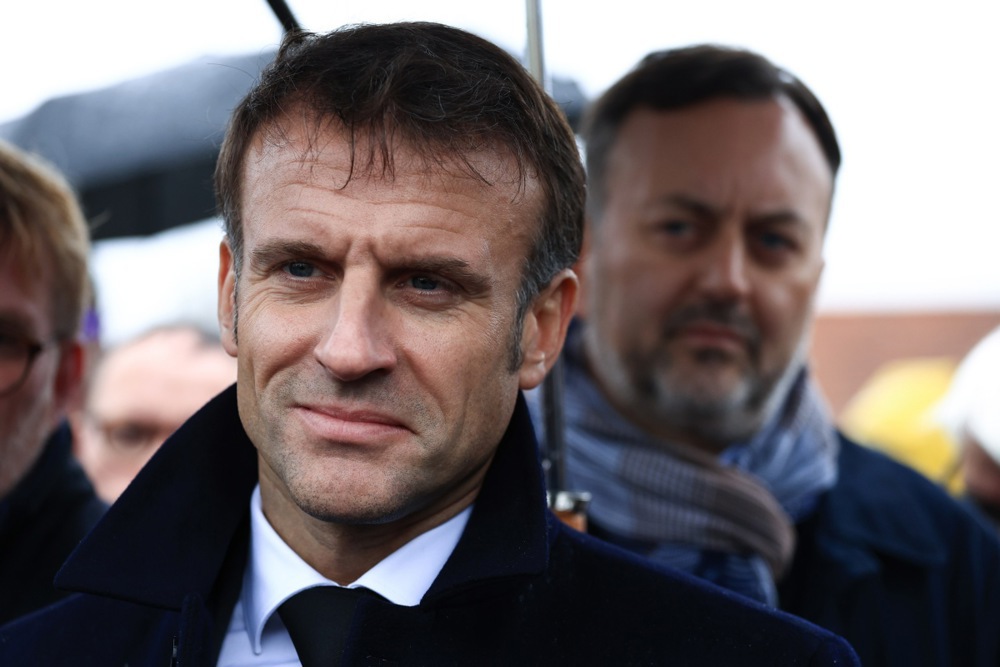The European Commission has insisted it is already “taking action” to help farmers – despite the latest fiery protests in Brussels.
Speaking to Brussels Signal, EC Spokesman for Trade and Agriculture Olof Gill also emphasised that the body was committed to both short-term and long-term measures to help farmers within the European Union.
“The European Commission is listening closely to the concerns expressed by farmers in protests currently taking place in several Member States – and taking action to respond,” Gill said following the Brussels protests on February 26.
He referenced the body’s efforts to protect “sensitive” EU agricultural products as part of its loosening of trade restrictions with Ukraine and Moldova. He added that the EC was now looking at measures to cut administration requirements for farmers operating within the bloc.
Gill said the body was interested in “addressing farmers’ income concerns” with a relaxation of rules for 2024 regarding the Common Agricultural Policy requirements forcing farmers to lie fallow a certain percentage of their land.
“In parallel, the recently established Strategic Dialogue on the Future of EU Agriculture is examining how to form a new consensus to address more complex, longer-term questions,” he said.
“In both work strands the vital importance of farmers for EU society, food security and rural economic viability is reflected as a top priority. ”
Asked about certain extreme elements of the latest protest, the spokesman said that while “peaceful demonstrations are a fundamental right in all democratic countries”, there could be “no place for violence” at any EU protest.
WATCH: Demonstrators throw objects at police and firefighters at farmers' protests in Brussels. #Bruxelles #AgriculteursEnColere pic.twitter.com/qY0UYlcpDn
— Brussels Signal (@brusselssignal) February 26, 2024
The EC’s statement came following the major farmers’ protest in Brussels on February 26, during which projectiles were thrown at police and firefighters.
Despite those incidents, most attendees at the event were peaceful, with many telling Brussels Signal they were frustrated at the perceived “failure” of the EU to help them.
One member of the Fédération Wallonne de l’Agriculture cited low purchase prices for goods as one of the main reasons for the angry demonstrations, adding that a permanent redesign of EU farming policy was wanted.
“We hope we will have some modification of the common agricultural policies about control and so on,” he said, adding that farmers would also like to see EU-wide minimum prices for products.
The “green” agenda-related agricultural policies were rarely mentioned when discussing the protest, with many instead citing pricing and foreign competition as spark-points.
One Flemish farmer said the proposed EU-Mercosur agreement, which has been in negotiations for 25 years, was a major reason for the demonstrations.
The protesters are fearful that the deal could see Europe flooded with cheap, low-quality agricultural produce such as beef, poultry, sugar and ethanol from South American countries including Argentina, Brazil, Paraguay, Uruguay and Bolivia.
"The regulations, the administrative hassle for farmers has gone too far!"
On the ground at the protests in Brussels, farmers explained to our reporter @Peter_Caddle why they have returned to the de facto EU capital today.#Bruxelles #AgriculteursEnColere #FarmersProtest2024 pic.twitter.com/igArjjVGge
— Brussels Signal (@brusselssignal) February 26, 2024
“They want to import cheap meat to Europe,” the farmer said, arguing the deal ultimately represented an attempt to give German businesses in particular easy access to a new market.
“They want to export German cars,” he said.
“It’s ordinary horse-trading.”
The Flemish farmer also criticised the proposed deal as putting the environment at risk, a claim that has also been made by the European Greens among others.
“Activists, civil society and experts have sounded the alarm about the possible ramifications for the environment and human rights,” the Greens said in a statement in January.
Another protester, Rossana Forno of the Italian farmers’ organisation Coldiretti, cited what she saw as the danger posed by lab-grown meats to Europe’s agricultural industry.
“We are here today in Belgium to defend our rights,” the Campania region winemaker said, arguing that it was “very important” to defend the work of farmers.
Police use tear gas and water cannons in an attempt to disperse persistent farmers protesting outside the EU institutions in Brussels.#Bruxelles #AgriculteursEnColere #FarmerProtest2024 pic.twitter.com/rFxDvhGwO2
— Brussels Signal (@brusselssignal) February 26, 2024





